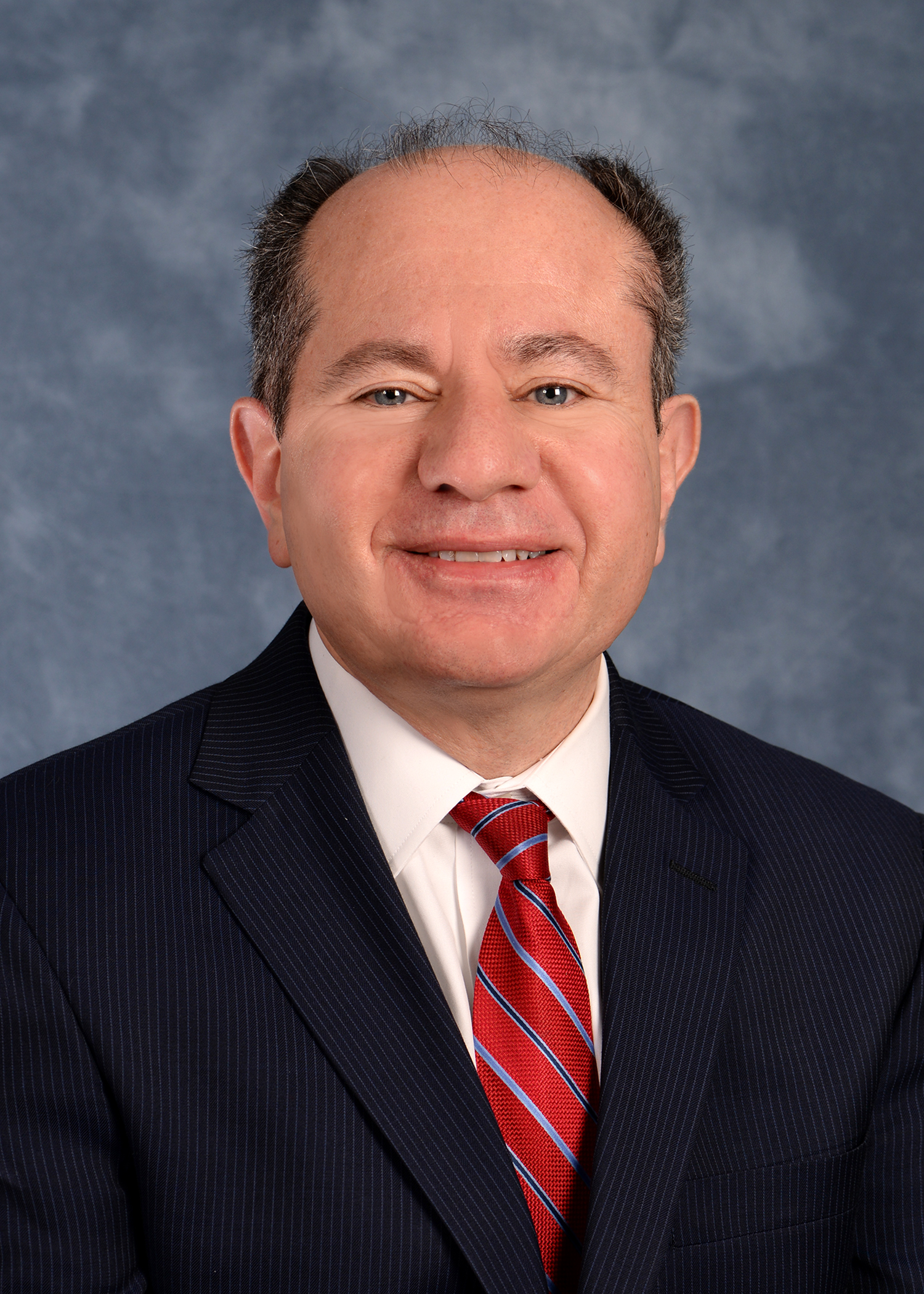|
July – August 2020
A message from Sue Barkell and Atheer Kaddis
Innovative pharmacy strategies are helping health care providers and their patients
Pharmacy Services has become much more than a line of business for Blue Cross Blue Shield of Michigan. It’s become an important driver of outcomes and performance — and, more recently, a vital resource for ensuring that crucial drugs flowed to health systems during the COVID-19 crisis.
Lending a hand
In April, we received a request from Gov. Gretchen Whitmer’s office to help identify a supply of drugs that were being used in large quantities by hospitals to support COVID-19 patients. The drugs included anesthetics, neuro-muscular blockers, sedatives, pain medications and antibiotics. Some were generics, which are typically not prioritized for production and distribution by manufacturers.
Pharmacy Services contacted companies that do business with Blue Cross, including Express Scripts, Option Care, CVS, Walgreens, and Civica Rx. We learned that our pharmacy benefit manager, Express Scripts, has a specialty distributor, called CuraScript, that would be able to facilitate the supply of thousands of vials of these drugs to some of the major health systems, including Ascension Health, Beaumont Health, Michigan Medicine and Henry Ford Health System.
After discussions with Express Scripts, we confirmed with state officials that CuraScript stood ready to meet the drug supply needs for Michigan health systems during this time of crisis.
That’s just one example of how we’re providing some innovative pharmacy solutions to meet the needs of Michigan residents. Here’s a look at some of the other ways we’re driving pharmacy value, helping to lower costs for customers and members, and differentiating ourselves from the competition.
Drug discount coupons
Early this year, we implemented a program, in partnership with Sempre Health, to offer drug discount coupons on certain medicines to save members money and improve adherence. Currently, the program includes diabetes, cardiovascular and respiratory drugs.
The program encourages members to follow their prescription therapy as prescribed by their doctor and helps ensure timely refills. Select members are sent an enrollment invitation that they can easily complete by phone, text or online. Automated refill reminders are then sent via text message or email, depending on personal preference.
To date, the program has resulted in a 45% decrease in members’ out-of-pocket costs and a 13% increase in adherence.
Lower-cost generics
Another way we’re helping our customers and members save money is by working to lower the cost of generic drugs. As we wrote in a column in the March – April issue of this newsletter, Blue Cross has partnered with Civica Rx to make lower-cost generic medications available to individuals and families.
We’re currently focusing on five to 10 high-volume, high-cost generics and, over time, will add more generics to the list. We expect that the first of these generics will be available in 2022.
Copay assistance for high-cost medications
We’re also joining forces with a company called PillarRx Consulting to reduce the cost of about 300 high-cost medications. This initiative helps connect members with copay assistance from drug manufacturers to significantly reduce their out-of-pocket costs — and many members receive their medication with no out-of-pocket cost.
The program started July 1, 2020, for self-funded groups. Since these groups pay the cost of covered medications for their members, it’s expected to save them about 25% on the cost of drugs included in the program.
Promoting medication adherence
What these partnerships all have in common is that they’re expected to improve medication adherence. According to the World Health Organization, medication adherence can have a more direct effect on patient outcomes than any specific treatment itself. The organization reports that 50% of treatment failures, about 125,000 deaths and up to 25% of hospitalizations each year in the U.S. can be attributed to medication non-adherence — some disturbing statistics.
If we can help make medication more affordable and give patients the tools they need to manage their chronic conditions, we’ll be well on our way to better disease control and lower health care costs.
About the authors
 |  | |
| Sue Barkell | Atheer Kaddis |
Sue Barkell is senior vice president, Hospital Contracting, Provider Engagement and Pharmacy Services. Atheer Kaddis is vice president, Pharmacy Services.
|



